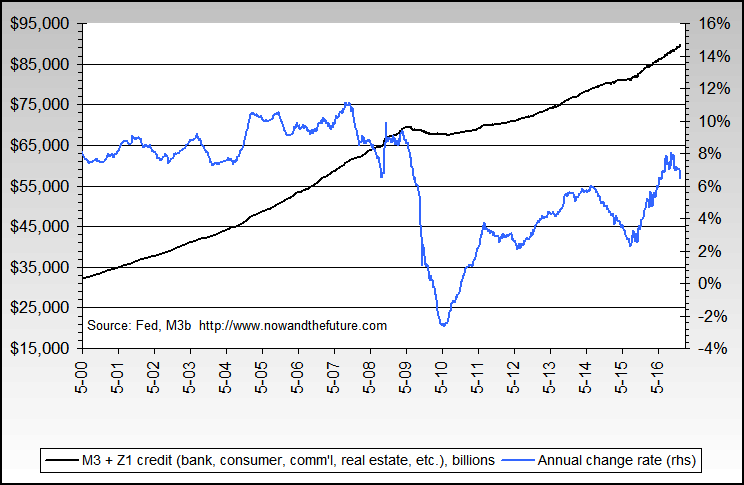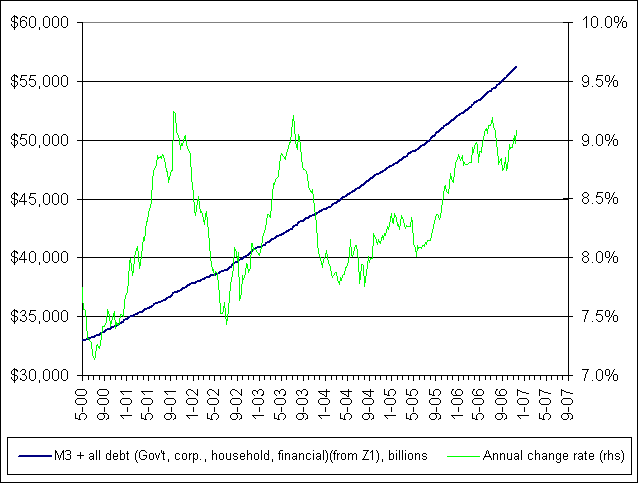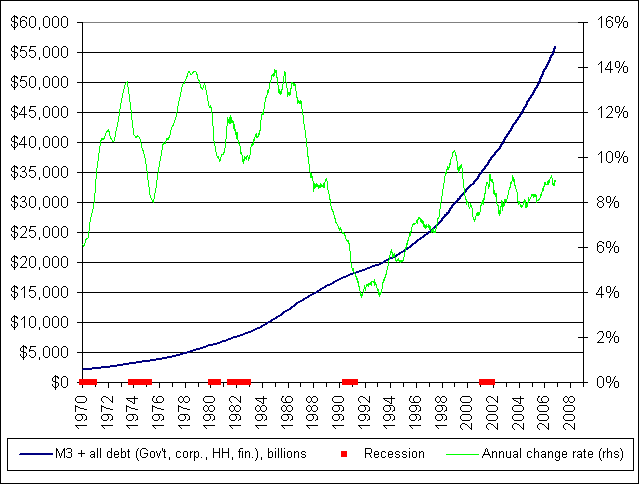Re: Credit inflation, Deflation: Prechter Interview

Oh, now you've done it. You went and had to be nice. What's a poor finster to do?
Now I'm gonna have to go kick the dog or something ...
;)
Originally posted by bart

Originally posted by bart
Now I'm gonna have to go kick the dog or something ...
;)




Comment